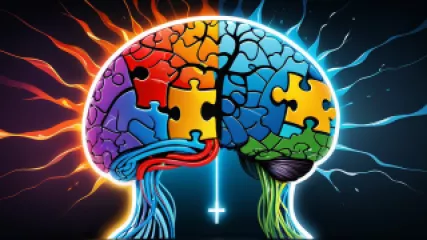10 Best Self-Care Strategies for Managing Personal Crises
1 year ago
Managing Personal Crisis
Navigating Divorce Adjustments: An Interview with a Divorce Counselor
1 year ago
Dealing with Divorce
Lessons from 'The Zen Master' on Cultivating Patience in Client Relationships
1 year ago
Cultivating Patient Relationships
What Are the Key Steps in Crisis Intervention?
1 year ago
Crisis Intervention
The Psychology of Waiting: Exploring the Impact on Well-Being
1 year ago
Psychology of Waiting
Overcoming Work Addiction: An Inspiring Interview
1 year ago
Workaholism
Lessons from 'The Life-Changing Magic of Tidying Up' for Decluttering Your Mind
1 year ago
Emotional Effects of Clutter
The Power of Behavioral Modification: An Opinion Piece
1 year ago
Behavioral Change
Unlocking Creative Intelligence: Lessons from "Inception"
1 year ago
Intelligence Theories
The Science of Navigating Grief: A Research Summary
1 year ago
Grief
The Ultimate Guide to Optimism and Health
1 year ago
Optimism and Health
Mastering Mindfulness: A Step-by-Step Guide to Inner Peace
1 year ago
Mindfulness
How to Understand and Manage Your Emotions for Better Mental Health
1 year ago
Understanding Emotions
Top 5 Self-Compassion Techniques to Cultivate Self-Love
1 year ago
Self Compassion Techniques
What Are the Advantages of Volunteering?
1 year ago
Volunteering Benefits














